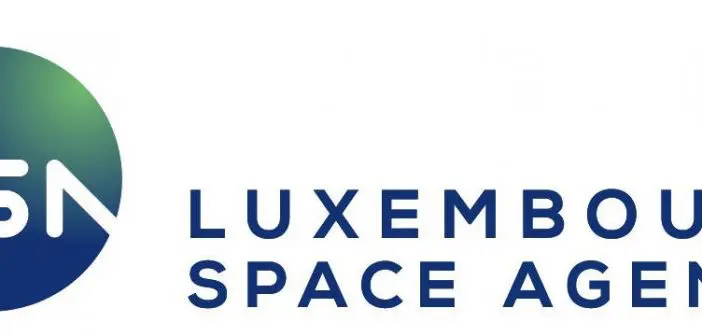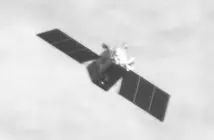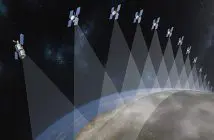
Written by staff writer.
The Luxembourg Space Agency (LSA) sees itself as a potential bridge between the United States and China, even though the space agencies in the two big space countries barely speak to each other.
Mathias Link, the director of the LSA, made the comments while speaking at the Secure World Foundation’s Sustainable Space Summit in New York last week. Link was responding to a question on the US–China dynamic and the potential role of European space agencies to serve as deconflict agents. The director acknowledged the geopolitical implications at play, saying it was often necessary to “pick a side,” but given the scale of expansion of the space sector in China, and the level of innovation there, keeping the lines of communication open with the Chinese space sector was a positive thing.
“Luxembourg doesn’t have an issue with China,’ he said. “We have a lot of Chinese banks and entities in Luxembourg. These relations work. In Europe, we are willing to be a sort of bridge, and I hope this can be maintained.”
Link’s comments followed an address by the US Space Command Deputy Director earlier on the same day at the summit, which accused China of a lack of space transparency. Lt. Gen. John E. Shaw said the transparency issue and silence from China’s space agency were major concerns.
Luxembourg has been active in the space sector for several decades, founding one of the world’s biggest satellite companies, Société Européenne des Satellites (SES), in 1985 and going on to set up the LSA in 2018. The small European country and its new space agency aimed to develop a space mining niche. “We started with a policy that was orientated towards commercial space,” said Link.
In the same year as establishing the LSA, the Luxembourg government also signed a memorandum of understanding with the China National Space Administration (CNSA) that provided a framework for non-military co-operation between the two countries in the space sector.
While well outside the ranks of the world’s biggest space agencies, five years after its foundation, the LSA packs an outsized punch, and it is one of the world’s most advanced countries regarding space technology.
“I’m not sure if we would qualify as a leading country here, but we try to do our best to contribute,” Link told the Summit. He said a willingness to work with other countries, including China, gave countries like Luxembourg an edge and a “buy-in” in the increasingly international and futuristic space sector.
“We need investors, and we need to find those investors and reassure them that there is something they can invest their money in here (Luxembourg),” said Link. He says the role of the LSA is to find and develop new markets for the country’s space sector.
Link says international cooperation is essential for smaller space agencies like the LSA. “The winner takes it all is not an option for us,” he says when asked about the global carve of the space pie. “We need to be as inclusive as possible, and we need international cooperation.”
With US-China space relations at a nadir, China is turning to a range of mid-tier international space agencies, like the LSA, willing to work with them. Link says even with “difficult” bilateral relationships between certain countries, for purely practical reasons, Luxembourg will continue to have conversations and cooperate with China’s space sector.





